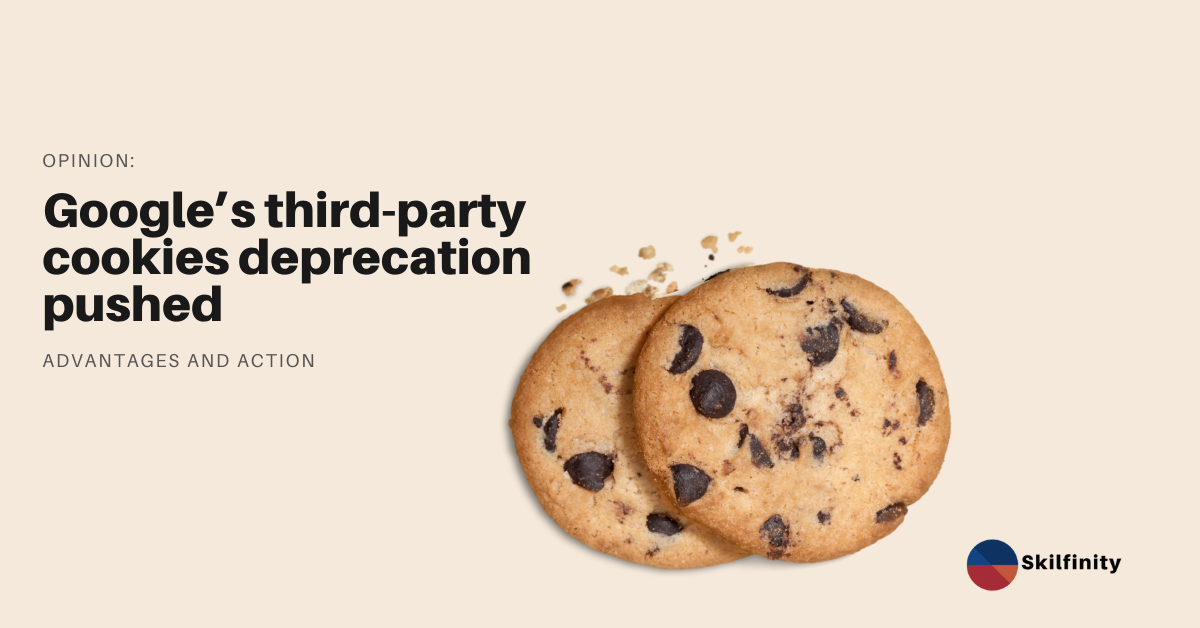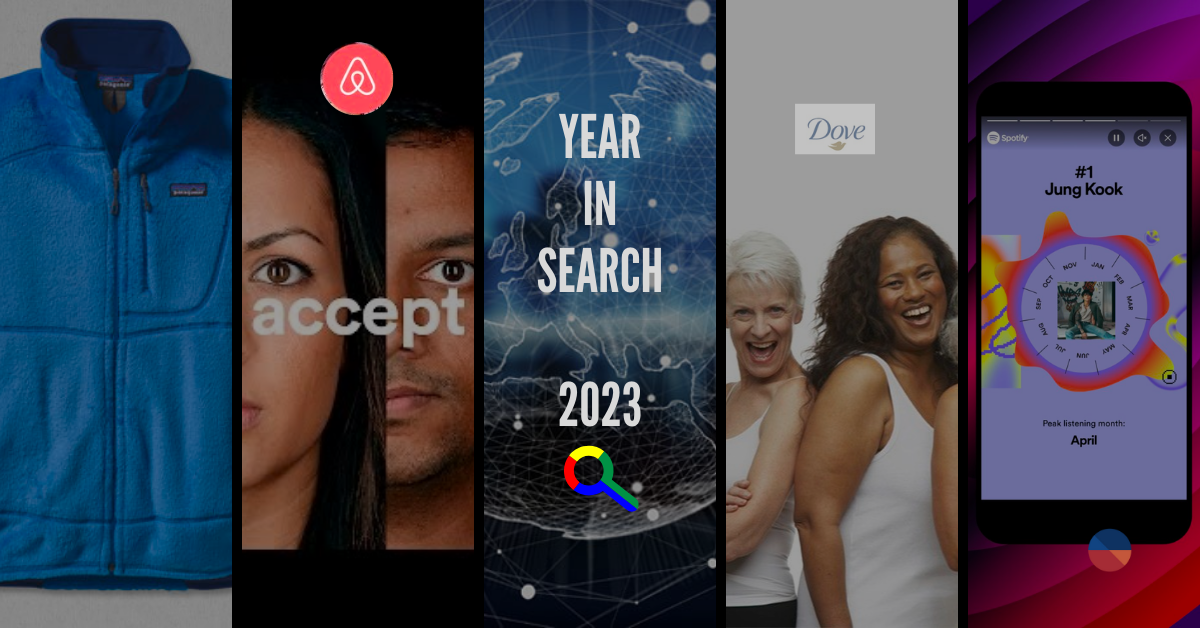Opinion: Google’s third-party cookies deprecation pushed to 2023 – Advantage and action
Google announced that it is delaying its plans to phase out third-party cookies until 2023, a year or so later than planned. It cited the complexity of removing cookies and implementing Privacy Sandbox, which needs more time across the ecosystem, hence the delay.
Google set the initial timeline to phase out third-party cookies for 2022. In March 2021, Google mentioned that it would not build alternate identifiers to track individuals as they browse the web once third-party cookies are phased out.
Google has also lauded that its Federated Learning of Cohorts (FLoCs), a part of the Privacy Sandbox introduced by Chrome, can provide an adequate replacement signal for third-party cookies.
Table of Contents
The new plan
The plan to phase out the third-party cookies for Chrome will be set in two stages.
Stage 1, starting from late 2022, will be announced once the testing is complete and APIs are launched in Chrome. During this stage, publishers and the players in the advertising industry will have time to relocate the services.
Expected to last for nine months, changes in stage one will be closely monitored for adoption and feedback before moving to stage 2. The latter will start mid-2023 and last for three months, concluding in late 2023.
This move is aimed to enhance web privacy, support web publishers who support freely available content and allow the web community to collaborate and develop a set of open standards.
Google recognises this is a time-sensitive initiative and needs to move at a responsible pace to allow sufficient time for public debate on the right solutions.
The announcement coincides with the conclusion of the UK’s Competition and Markets Authority
Earlier this year, UK antitrust authorities said that they are investigating whether the removal of third-party cookies could impact online ad competition. The authority said it would check whether Google’s plans could cause advertisers to shift spend to Google’s tools causing damage to the other players.
Ad Tech players saw stocks shoot up
After Google announced the push back of its timeline for phasing out third-party cookies, Ad-tech players saw a rise in their stocks as per CNBC. “The Trade Desk” shared closed up 16% while Magnite shares closed up nearly 10%. Shares of PubMatic, Criteo and LiveRam closed up 13%, 12% and 6%, respectively.
Optimistic outlook for marketers
For the next two years, till Google launches its new Privacy Sandbox, there is a golden opportunity for marketers to focus on establishing a direct relationship with their consumers.
Being a part of active industry, marketers need to do some benchmarking and continuous testing to transition smoothly.
Marketers should regulate engagement starting now for the next 24 months instead of waiting for the next two years for the new Privacy Sandbox. It is a perfect time to focus on establishing proper universal measurement standards.
Publishers should leverage this time by creating their ID solution, testing the solutions with advertisers, executing campaigns, and testing the results.
The role of first-party data
Since there is an increase in spending more time on an open internet, there is an increase in the need to build the first-party data and leverage first-party data sets to better measure ad performance across all channels.
In the absence of the availability of cookies, Ad-tech firms will have to use different solutions for retargeting campaigns and measuring attribution. The Trade Desk’s unified ID 2.0, an initiative that some top Ad tech firms are working on together, would be dependent on email addresses that are hashed and encrypted from consumers who give their consent. It has received support from other firms like Nielsen, PubMatic, Xandr, Tubi, Magnite, Criteo and LiveRamp.
There will be a shift from third-party cookies to first-party data. The delay in the timeline reiterates the need to build companies’ first-party data, including authenticated user data, contextual solutions and technology to execute audience-based buying across different platforms. Shifting to first-party data will give consumers control of their data usage that will help build trust between brands and consumers.
Delay in phasing out the third party cookies gives time to the brands to place first-party data strategies to build strong relationships with their customers.
Another way to reach customers effectively is through affiliate technology which takes care of post transactional referral codes or live commerce. This helps marketers in personalising and targeting consumers.
Unified ID Solution
Marketers might get confused about which alternative of cookie-less solution should be using. Marketers must consider a few points while deciding which solution to choose from – the resolution scale, its applicability across multiple platforms, if created using user content, if produced using inferred data, etc.
Conclusion
Google’s announcement was a piece of big news but not a surprising one. With continuous testing, Ad tech providers are working towards a solution that will benefit brands, publishers and users. Cookies are an essential tool for advertisers to track and gather data, and in its absence, the efficacy will be affected. It is good to create our own usable identities in email addresses or phone numbers to ensure a one-to-one level across all the platforms.
As always keen to partake in discussions related to marketing trends, SEO, entrepreneurship and geographic consumer behaviour. Feel free to reach out to us.






